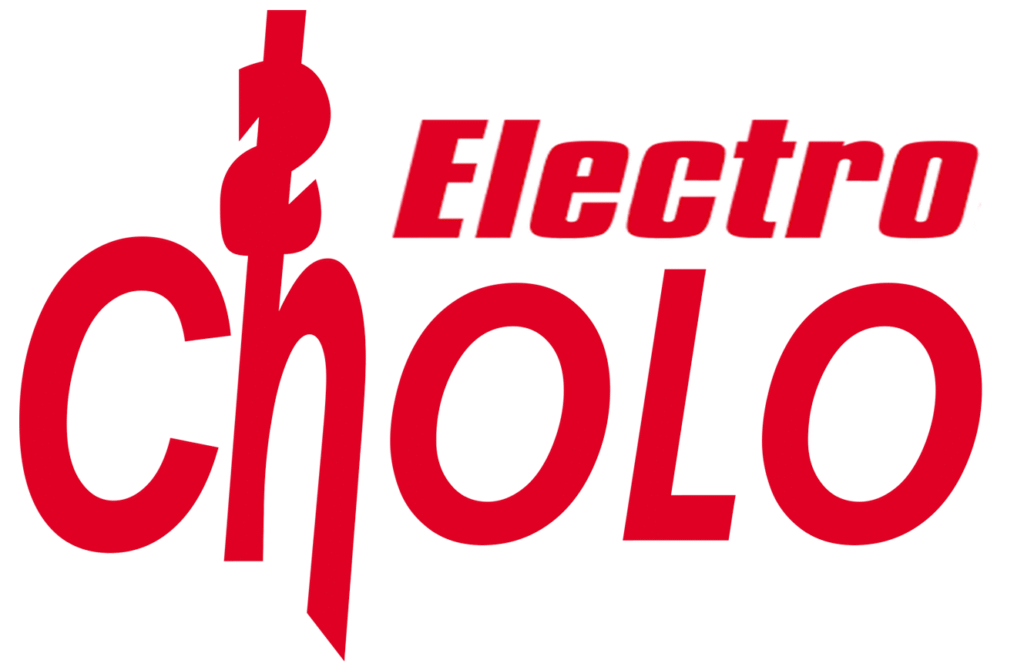Biomass
Pellet manufacturing and consumption increases in Spain
![]()
The Spanish Biomass Association (AVEBIOM) has published the latest statistical report on the wood pellet market for 2022 and 2023. In this report you can find production and consumption data for wood pellets both nationally and by country. autonomous communities. It also includes statistics on the evolution of the ENplus certification system in Spain.
Since 2022, national manufacturers have made a great effort by increasing production and prioritizing their service to Spanish customers. The result of these is that the production and consumption curves tend to approach each other. The difference is made up by imports from Portugal.
It has become clear that pellet manufacturing in Spain is increasingly concentrated in large capacity plants while smaller facilities that are not connected to wood-related activities tend to disappear: between 2021 and 2022 we have gone from 75 to 67 factories. Thirty-six of them have a valid ENplus certificate and are responsible for 90% of certified production in Spain.
Pablo Rodero, responsible for certification in Avebiom and current president of the EurOpeo Council of the Pellet, highlights “the commitment of Spanish producers, who guarantee that 89 % of national production is certified in inlus”, and also the formation and “responsibility of consumers, which they consider important or very important that the pellet they acquire is of certified quality and sustainability”.
Consumers trust the pellet despite the crisis
the increase in inflation and high prices of the pellet, common throughout Eur OPA, slowed down the installation rate of pellet equipment in Spain in the second half of 2022 compared to the previous year, when sales records of new equipment in the domestic sector were beaten.
But, according to the latest Pellet Consumption Survey in the EU prepared by Bioenergy EurOpe (made at the end of November and next publication), the majority of europeos and Spanish users confirms that it will continue to use pellets despite the fact that in the last season they were concerned about the increase in prices.
In any case, heating with gas in 2022 was 44% more expensive than heating with pellets, and heating with electric radiators, for example, cost three times as much as heating with pellets.
Since 2012 we have analyzed pellet prices both at the factory (monthly) and at points of sale (quarterly). Since April 2023, prices have remained stable at values similar to those of summer 2022 (€275/ton) and, although it does not seem likely that in the coming months we will return to pre-crisis prices, the reduction in exports to countries such as Italy and a start to the season that is not very cold can lead to a temporary excess of stock that could bring offers in prices at the beginning of the year.
The change from VAT to pellets
The 5% VAT on energy supplies ends on December 31 and becomes 10% during the first half of 2024 for pellets and other solid biofuels, before returning to 21%. Without a doubt, this circumstance will encourage consumers to stock up on pellets before the grace period ends.
Access to the 2023 pellet report
www.avebiom.org/proyectos/informes/informe-pellets-2023
